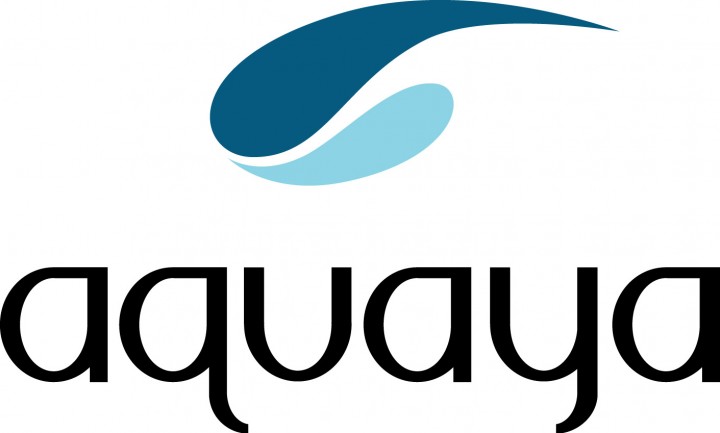Monitoring for Safe Water - Cash on delivery for water quality testing To improve the public health outcomes of water, sanitation and hygiene programs in sub-Saharan Africa by developing evidence-based strategies for efficient, accurate and systematic microbial water quality testing.
Aquaya Institute
Aquaya
Microbial water quality is a major public health indicator reflecting, among other things, the efficacy of sanitation projects and the level of sanitation that has or hasn’t been achieved in a particular setting. MfSW seeks to answer the question: Why doesn’t microbial water quality testing meet regulatory requirements in sub-Saharan Africa? Challenging technical, logistical, and financial requirements for both diagnosing microbial water quality and managing water quality data have long been cited as constraints to regular monitoring, but MfSW is a first of its kind project designed to evaluate the actual extent of these constraints.
Over the last three years, MfSW has been motivating urban water suppliers and public health surveillance agencies in African countries with incentive payments for completed water quality tests, particularly from neglected and poor areas. Participants were selected through responses to calls for proposals. Those who are able to meet their increased testing goals identify institutional contexts where financial resources can translate directly into greater testing activity. Participants who do not meet their increased testing goals will define situations where testing constraints extend beyond financial limitations.
In addition, MfSW is studying the impacts of water quality information on water services management. Determining how water quality data are used locally and how increased testing influences water management practices will help guide priorities for water quality monitoring programs.
Mission
The primary objective of MfSW, therefore, is to identify the causal factors that prevent microbial water testing from meeting regulatory requirements in certain Sub-saharan African countries that will guide both local water management and broader WaSH sector efforts at improving sanitation in these countries and beyond. Now in it’s second part, MfSW II is funded by the Conrad N. Hilton Foundation (CNHF), and is a four-phase program implemented at the district-level in Ghana, Uganda, and Burkina Faso. The program aims to identify water quality monitoring systems and interventions that will result in sustainable water quality monitoring that is not reliant on donor funding or other inputs in targeted districts. 1. Phase 1 of the program entails conducting a regulatory diagnostic and situation analysis in the three countries of interest to determine what water quality regulations specify versus what testing activities are actually happening. 2. Phase 2 involves deciding on central versus onsite testing structures that are most likely to succeed in each targeted district. 3. Subsequently, Phase 3 involves designing and evaluating interventions (i.e., water safety surcharges, water supplier awards program, and public participation) in collaboration with CNHF implementing partners and local governments to increase resources and motivation for testing. 4. Finally, Phase 4 of the program will incorporate findings from the previous phases to build sustainable water quality testing systems in each district. MfSW II builds on Aquaya’s previous Monitoring for Safe Water program that evaluated constraints to water quality monitoring in sub-Saharan Africa. Results will provide a basis for scaling-up water quality monitoring programs across Ghana, Uganda, and Burkina Faso.Approach
MfSW is led by Aquaya, in collaboration with the World Health Organization and International Water Association. In addition, Aquaya partners with the local water suppliers and public health agencies implementing the testing throughout the six sub-Saharan African countries in which MfSW is being carried out. Aquaya has formalized partnerships with 23 institutions that represent 118 water distribution networks and 343 rural health districts, which are providing services for approximately 42 million people. In early 2018 we received a grant from the Conrad N. Hilton Foundation to continue Monitoring for Safe Water ( Grant Info )! MfSW II, as it has been dubbed, will leverage findings from MfSW I to evaluate incentive strategies to increase institutional motivation to collect and use water quality data. The program will also explore options for driving greater resources towards data collection. Finally, MFSW II will promote risk-based water safety management that applies water quality data to verify risk mitigation activities. Implementation will occur in districts in Burkina Faso, Ghana, and Uganda with hopes for scaling-up nationwide.Answer questions about the project
Filter / Tags
Operation, maintenance and sustainable servicesHealth and hygieneOtherGlobalOtherOtherBill & Melinda Gates FoundationUniversity, education or research institution
Related Countries
EthiopiaGuineaKenyaSenegalUgandaZambia

Project location
